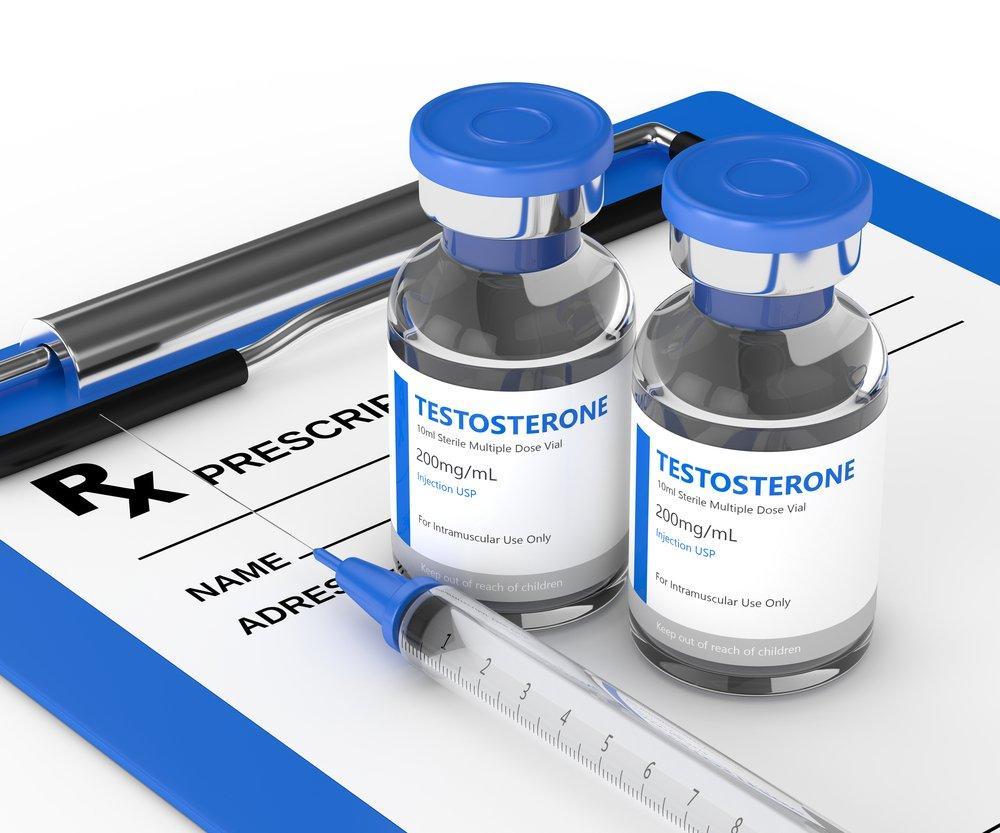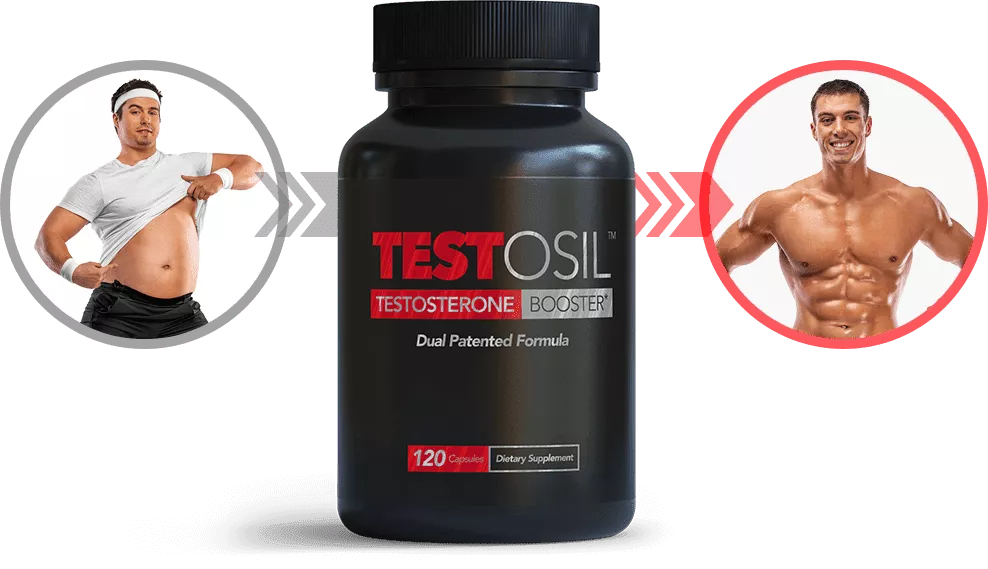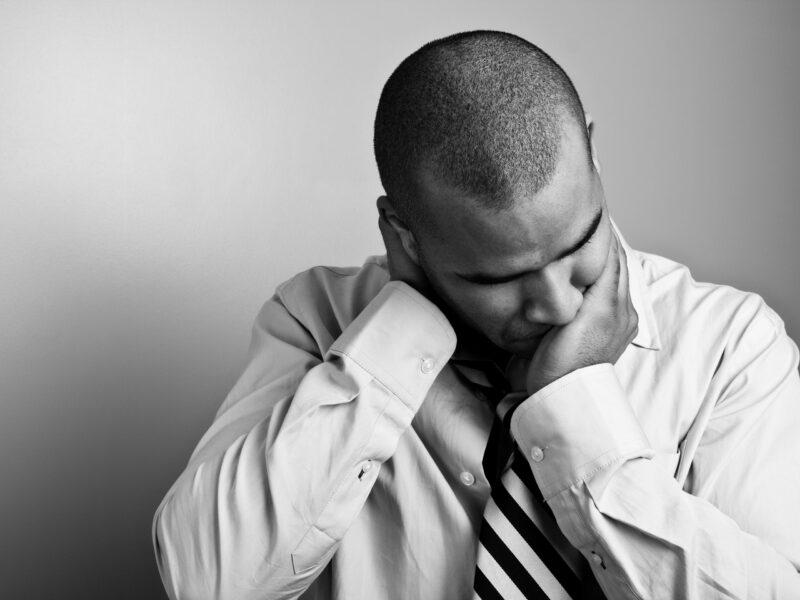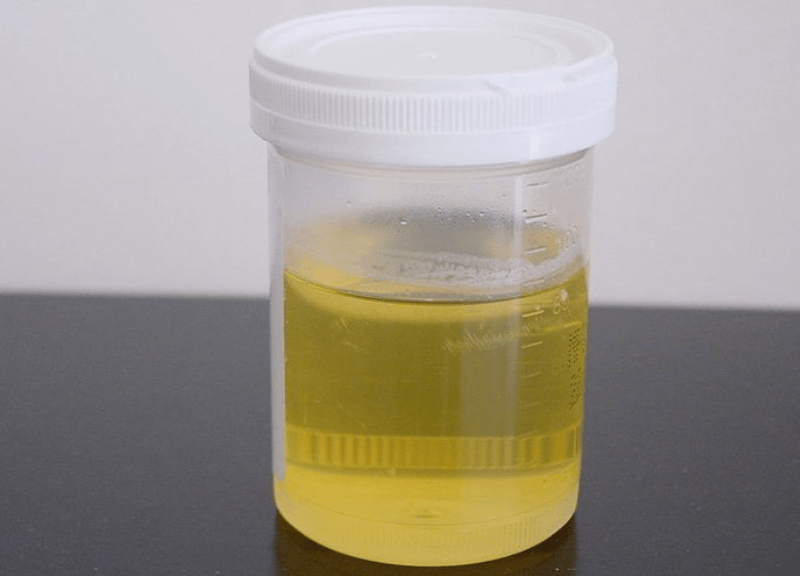This article will explore the most common testosterone booster side effects and what you need to know before taking them. Testosterone is essential for the growth and upkeep of male sexual features.
It also affects muscle mass, bone density, and red blood cell production in both men and women. Some people use testosterone boosters to increase their hormone levels, but there are potential side effects like any supplement.

The Most Common Testosterone Booster Side Effects
1. Acne
One of testosterone boosters’ most common side effects is acne because increased testosterone levels can stimulate the sebaceous glands, leading to increased oil production and clogged pores. If you are prone to acne, taking a testosterone booster may exacerbate this condition.
2. Mood changes
Mood and conduct can also be affected by testosterone. Some people report feeling more aggressive or irritable when taking testosterone boosters, possibly due to hormonal changes or psychological responses to the supplement. If you notice changes in your mood, it’s essential to speak with your healthcare provider.
3. Sleep apnea
Additionally, testosterone may impact sleep breathing. It can cause or worsen sleep apnea, which causes irregular breathing during sleep, resulting in restless sleep and fatigue during the day.
4. Hair loss
Hair loss is another potential adverse effect of testosterone boosters because higher testosterone levels might cause dihydrotestosterone (DHT) to produce. Hair loss and hair follicle shrinkage may result from this hormone. If you are already experiencing hair loss, taking a testosterone booster may accelerate this process.
5. Enlarged prostate
The prostate gland, which creates semen, can be impacted by testosterone. An enlarged prostate can cause urinary problems, such as frequent or difficulty urinating. If you have a history of prostate problems, you must speak with your healthcare provider before taking a testosterone booster.
6. Breast tissue growth
In some situations, testosterone boosters can cause gynecomastia, a condition where males develop breast tissue due to testosterone’s ability to convert to estrogen. If you notice breast tissue growth or tenderness, speaking with your healthcare provider is essential.
7. Increased risk of blood clots
Also, testosterone can affect blood clotting, increasing the risk of blood clots, which can be especially problematic in people with a higher risk of blood clots, such as those with a history of cardiovascular disease or clotting disorders.
8. Liver damage
In rare cases, testosterone boosters can cause liver damage because the liver metabolizes the supplement, and high doses of testosterone can be toxic to the liver. If you see any signs of liver damage, such as yellowing of the eyes or skin, abdominal pain, or black urine, seek medical assistance immediately.
Testosterone Problems?
Most active guys struggling with testosterone PROBLEMS don’t want to get “jacked,” “ripped,” or “shredded.”
Learn how Testosil compares to other leading testosterone supplements.
Testosil is a 100% natural extract of L-Arginine HCL, Panax Ginseng, Allium Sativa, and Calcium D-Pantothenate AND vitamin D3, all shown to support healthy testosterone levels AND boost exercise performance, strength, and energy levels!
In conclusion, testosterone boosters can have potential side effects that we should consider before taking them. It’s essential to speak with your healthcare provider and discuss any underlying health conditions or medications that may interact with the supplement.
If you take a testosterone booster, following the recommended dosage and monitoring your body for any changes or symptoms is essential. By being informed and cautious, you can make the best decision for your health and well-being.



